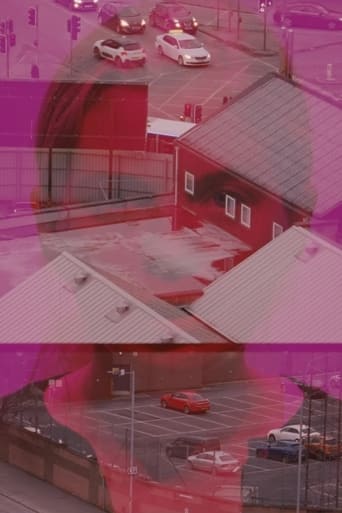History of the Present
An experimental feminist opera-film about class and conflict, History of the Present has been made collaboratively by Maria Fusco and Margaret Salmon, featuring new compositions by Annea Lockwood, libretto by Maria Fusco and improvisational vocal work by Héloïse Werner. This intersectional, intergenerational feminist work layers sociological, cultural, and political themes from the recent history of Northern Ireland, foregrounding working-class women’s voices to ask: who has the right to speak, and in what way? An experimental feminist opera-film about class and conflict, History of the Present has been made collaboratively by Maria Fusco and Margaret Salmon, featuring new compositions by Annea Lockwood, libretto by Maria Fusco and improvisational vocal work by Héloïse Werner. This intersectional, intergenerational feminist work layers sociological, cultural, and political themes from the recent history of Northern Ireland, foregrounding working-class women’s voices to ask: who has the right to speak, and in what way? An experimental feminist opera-film about class and conflict, History of the Present has been made collaboratively by Maria Fusco and Margaret Salmon, featuring new compositions by Annea Lockwood, libretto by Maria Fusco and improvisational vocal work by Héloïse Werner. This intersectional, intergenerational feminist work layers sociological, cultural, and political themes from the recent history of Northern Ireland, foregrounding working-class women’s voices to ask: who has the right to speak, and in what way? An experimental feminist opera-film about class and conflict, History of the Present has been made collaboratively by Maria Fusco and Margaret Salmon, featuring new compositions by Annea Lockwood, libretto by Maria Fusco and improvisational vocal work by Héloïse Werner. This intersectional, intergenerational feminist work layers sociological, cultural, and political themes from the recent history of Northern Ireland, foregrounding working-class women’s voices to ask: who has the right to speak, and in what way?



 AD
AD